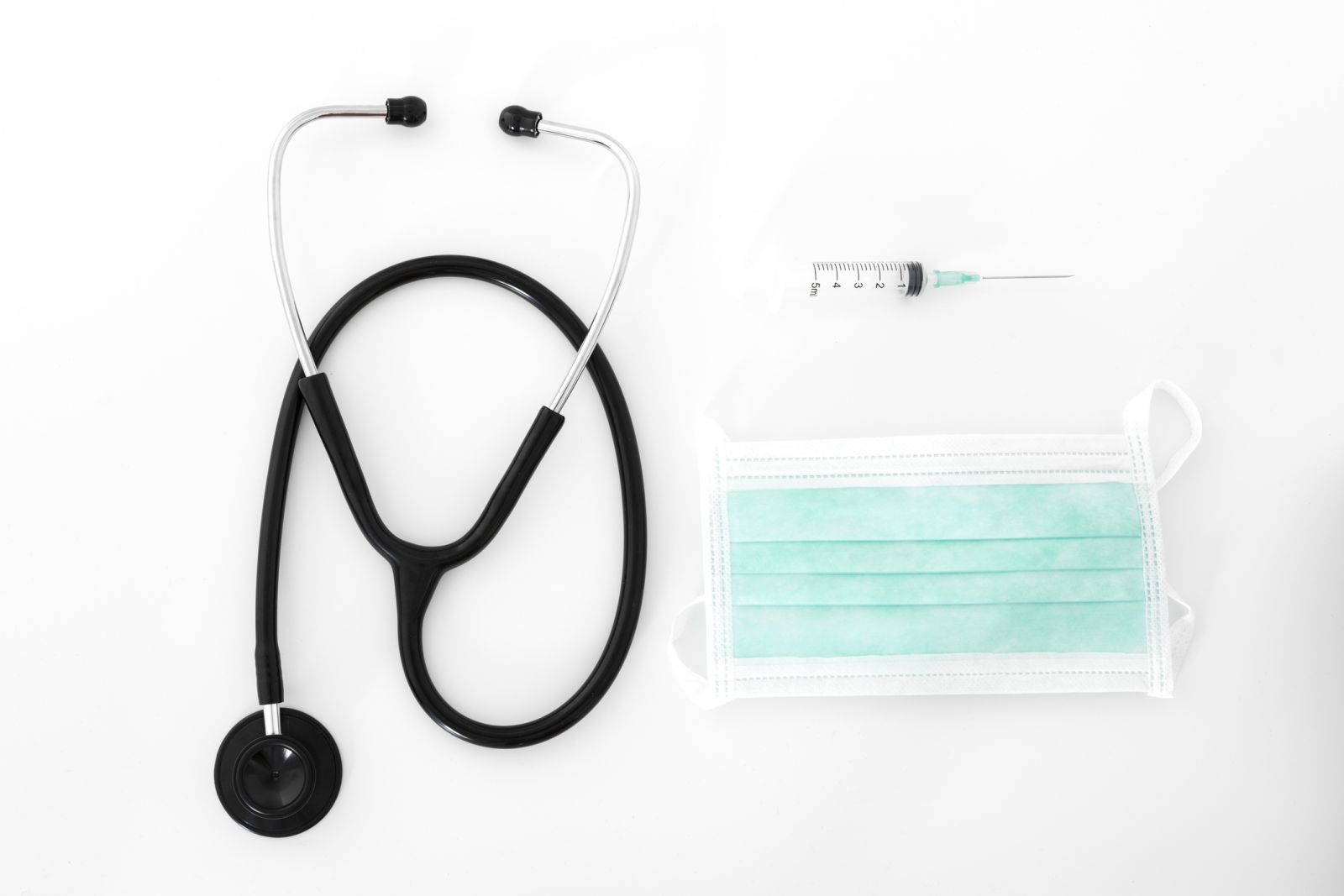|
Name
Cash Bids
Market Data
News
Ag Commentary
Weather
Resources
|
Don't Miss the Buying Opportunity in This Dividend King, Says Analyst
Back on Nov. 11, poorly received phase 2 trial results from pharmaceutical giant AbbVie's (ABBV) schizophrenia drug, emraclidine, sent its shares tumbling 12.5% in a single session. Down about 12% from its 52-week high, ABBV stock has been under pressure recently - but zooming out, the recent dip could be an opportunity to invest in the pharmaceutical giant's long-term story. That was the thesis behind a recent upgrade from analysts at Leerink, with the firm writing that “investors can take advantage of the emraclidine setback and election-related downdraft to purchase shares in this high-quality company.” Here's a closer look at this Dividend King. About AbbVie StockFounded in 2013 as a spinoff from Abbott Laboratories, AbbVie (ABBV) specializes in the research, development, and commercialization of advanced therapies. Its key focus areas include immunology, oncology, neurosciences and aesthetics. ABBV's market cap stands at a commanding $323.2 billion. Despite recent headwinds, ABBV stock is up 17.3% on a YTD basis. 
The company is also a Dividend King, based on its inherited history from Abbott, with over 50 years of consecutive dividend increases. ABBV offers a dividend yield of 3.59%, which is much higher than the sector median of 1.5%. Fundamental ResilienceAbbVie has been a consistent performer in terms of growing its revenue and earnings over the years. Its strong market position in a recession-resistant industry has resulted in the company compounding its revenue and earnings at CAGRs of 11.06% and 9.54%, respectively, over the past 5 years. In the most recent quarter, ABBV beat Wall Street's expectations on both revenue and earnings, marking its 14th earnings beat in the past 16 quarters. In Q3, AbbVie reported net revenues of $14.5 billion, up 4% from the previous year. The key segments of immunology ($7.04 billion, +3.9% YoY), oncology ($1.69 billion, +11.6% YoY), and neuroscience ($2.36 billion, +15.6% YoY) all reported growth compared to the previous year. Earnings rose to $3 per share from $2.95 per share in the year-ago period. However, cash flow from operating activities for the first nine months of 2024 dipped to $11.8 billion from $18.1 billion in the year-ago period. The company closed the quarter with a cash balance of $7.3 billion, lower than its short-term debt levels of $12.6 billion. Although the liquidity position may appear to be shaky, pharma companies often incur sizeable capital expenditures on research and development that can lower their cash balance. Further, Abbvie's encouraging pipeline of drugs and initiatives builds confidence about its long-term prospects. Operational StrengthAbbVie’s flagship product, Humira, once the world’s best-selling drug, has faced significant revenue pressure since the expiration of its exclusivity rights in February 2024. Despite these challenges, the company projects Humira to generate $7.4 billion in sales by year-end, accounting for approximately 13.2% of total revenues. To address the decline in Humira sales, AbbVie has focused on its immunology portfolio, particularly Skyrizi and Rinvoq, which treat chronic autoimmune diseases. These two drugs have already surpassed Humira's current revenues and are expected to exceed Humira’s peak annual revenue of $21.2 billion by 2025. Their combined revenue is anticipated to peak at $27 billion in 2027, marking an important milestone in AbbVie’s efforts to diversify its revenue streams. In the oncology space, AbbVie has placed a strong emphasis on antibody-drug conjugates (ADCs), a class of targeted cancer therapies. This strategy has been significantly bolstered by its $10 billion acquisition of ImmunoGen, a company with over four decades of experience in ADC development. Among the most promising near-term candidates from this acquisition is Teliso-V, an ADC for lung cancer that already holds breakthrough therapy designation. AbbVie’s broader pipeline includes potential treatments for inflammatory disorders such as ABBV-8736, lutikizumab, and ABBV-113; solid tumors, including budigalimab and ABBV-303; and wet macular degeneration with ABBV-RGX-314. The company’s $63 billion purchase of Allergan in 2020 has further strengthened its position as a leader in aesthetic medicine. Allergan’s Botox, introduced in the late 1980s, continues to dominate the aesthetic market, benefiting from high brand recognition and a recurring treatment cycle that requires multiple injections over time. This acquisition has not only provided AbbVie with a stable revenue stream but also allowed it to diversify further into non-pharmaceutical markets. Analysts Rate ABBV a ‘Strong Buy’Leerink upgraded ABBV to “Outperform” on Nov. 22, writing, “We think the stock reflects low expectations for the company’s pipeline and for future external deals… which yields opportunity.” The firm backed a price target of $206 for the stock, which is right in line with the average target of $206.17 - about 13.4% north of today's close. Overall, analysts have an average rating of “Strong Buy” for ABBV stock, with a mean target price of $206.15. Out of 27 analysts covering the stock, 18 have a “Strong Buy” rating, 2 have a “Moderate Buy” rating, and 7 have a “Hold” rating. 
On the date of publication, Pathikrit Bose did not have (either directly or indirectly) positions in any of the securities mentioned in this article. All information and data in this article is solely for informational purposes. For more information please view the Barchart Disclosure Policy here. |
|
|